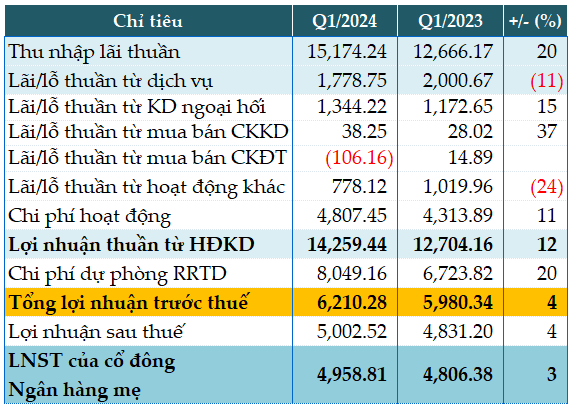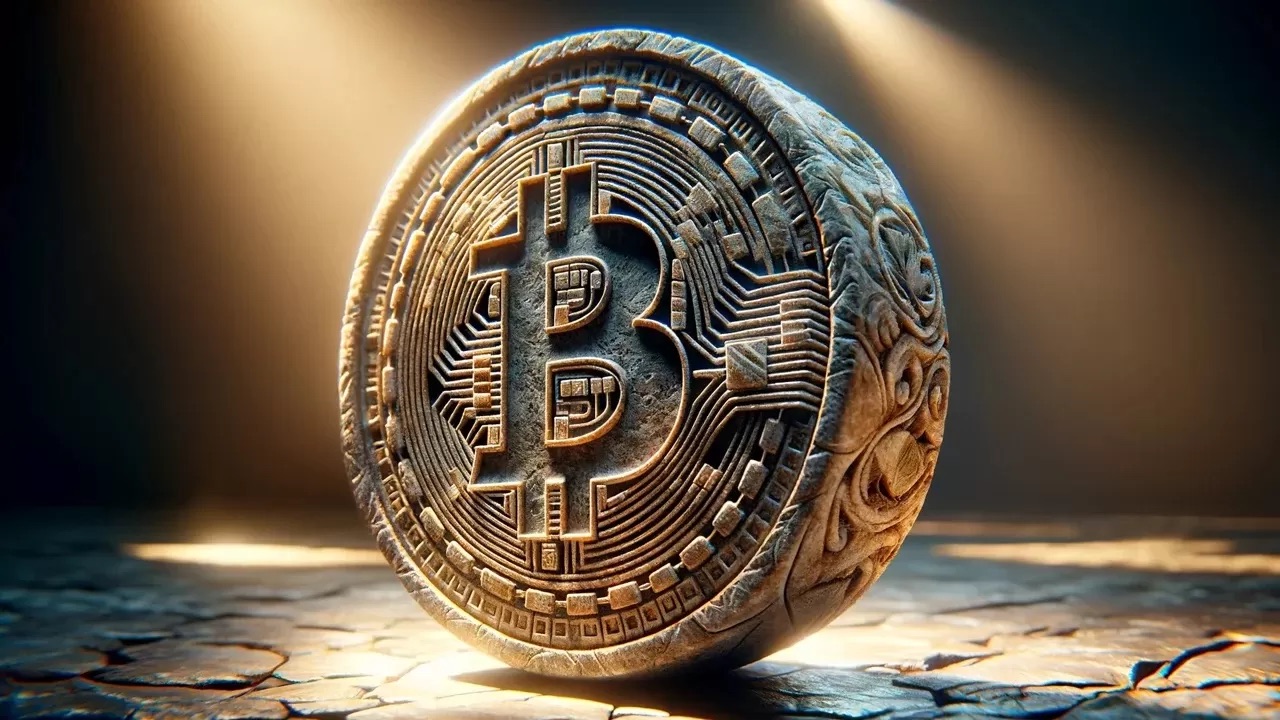
Lawyer Do Van Luan
|
Dear lawyer, can customers be held criminally responsible if they fail to pay off credit card debts?
A credit card allows the cardholder to make card transactions within the credit limit provided under the agreement with the card issuer. Customers are granted loans within the determined credit limit stated in the card opening contract to spend first, and then they repay the entire loan or pay it off in monthly installments to the credit institution. If the customer does not repay the entire loan within the agreed period in the contract, they will have to pay additional interest to the bank.
Credit cardholders who fail to repay credit card debts can be prosecuted for the crime of “Abuse of position, appropriation of property” prescribed in Article 175 of the 2015 Criminal Code as amended and supplemented by Point 35 of Article 1 of the 2017 Amended Criminal Code if there are sufficient signs of constituting a crime.
Regarding the continuous interest calculation by Eximbank for 11 years, is it correct when customers knew about their bad debts in 2017 and had conversations with the bank?
The interest rate and calculation method are determined by the agreement between the two parties when opening the credit card.
According to Clause 1 of Article 468 of the 2015 Civil Code, the interest rate on loans is agreed upon by the parties, but shall not exceed 20% per year, unless otherwise provided for by other relevant laws. However, the interest rate ceiling of 20% does not apply to the banking sector. According to Decision No. 1125 of the State Bank of Vietnam in 2023, banks are only allowed to agree on the interest rate of up to 4% per year when lending to 5 priority sectors such as agricultural and rural development, export-oriented business, serving small business operations, high-tech applications, or home purchase…
Therefore, the interest rate for consumer loans using credit cards can reach any figure. In this case, the bank may have applied a compound interest rate by adding the interest amount to the principal for the next term, month by month, so the amount from 8.5 million VND to 8.8 billion VND after 11 years is entirely possible if the overdue interest rate is about 70% per year.
Customers have sought the intervention of a lawyer to file a lawsuit, so what will be the course of action?
If the bank cannot negotiate with the customer regarding the repayment of the principal and interest, they have to sue the customer to recover this amount.
According to Clause 3 of Article 150 of the 2015 Civil Code, the time limit for filing a lawsuit is “the time limit for the subject to initiate a lawsuit to request the court to settle a civil case protecting their violated rights and legitimate interests; if this time limit expires, they will lose their right to initiate a lawsuit.” However, the time when the customer violated the payment obligation has been 11 years until now. When filing a lawsuit, the bank may only be able to recover the principal amount of 8.5 million VND, while the amount of interest debt will depend on the agreement in the contract between the parties when opening the credit card to determine whether the time limit for filing a lawsuit has expired or not.
Because according to the provisions of Clause 2 of Article 155 of the 2015 Civil Code, the time limit for filing a lawsuit does not apply in cases of “requests for protection of ownership rights, unless otherwise prescribed by this Code or other relevant laws.” Claims for demands of repayment of the principal are determined as requests for protection of ownership rights, so the time limit does not apply, and the claimant can file a lawsuit at any time.
As for the interest incurred from the loan agreement, it is considered a contractual dispute. To date, the bank has filed lawsuits to demand customers to pay off the interest debt based on the provisions of Article 429 of the 2015 Civil Code, which states that “the time limit for filing a lawsuit to request the court to settle a contractual dispute is 3 years from the date when the person entitled to request knows or must know their rights and legitimate interests are infringed.” Therefore, to determine the time limit for filing a lawsuit in this case, it is necessary to rely on the agreement in the contract between the parties when opening the credit card to determine the date when the bank knew or should have known that their rights and legitimate interests were infringed. If this period has been more than 3 years, the time limit for filing a lawsuit has expired, unless the provisions of Clause 1 of Article 157 of the 2015 Civil Code apply or fall into cases where time is not counted towards the time limit for filing a civil case as prescribed in Article 156 of the 2015 Civil Code.
Thank you, lawyer.
|
“Article 157. Restarting the time limit for filing a civil case in the following cases: a) The obligor acknowledges in whole or in part their obligation to the plaintiff; b) The obligor acknowledges or completely fulfills their obligation to the plaintiff; c) The parties have reconciled with each other.” “Article 156. Time not counted towards the time limit for filing a civil case, the time limit for requesting settlement of a civil matter Time not counted towards the time limit for filing a civil case, the time limit for requesting settlement of a civil matter is the period when one of the following events occurs: 1. Force majeure events or objective obstacles make the subject entitled to file a lawsuit, the right to request cannot be filed, within the scope of the time limit. A force majeure event is an event that occurs objectively and cannot be foreseen and cannot be overcome despite all necessary and feasible measures being applied. An objective obstacle is an obstacle caused by objective circumstances that make the person with rights and civil conduct obligations unable to know about the infringement of their rights or unable to perform their rights and civil conduct obligations; 2.There is no legal representative in the following cases: the person entitled to file a lawsuit, the person entitled to request is a minor, a person without legal capacity for civil acts, a person with difficulties in perception and control of conduct, or a person with restricted legal capacity for civil acts; 3.Minors, persons without legal capacity for civil acts, persons with difficulties in perception and control of conduct, persons with restricted legal capacity for civil acts have not had another representative in the following cases: a) The representative dies if it is an individual, ceases to exist if it is a legal entity; b) The representative cannot continue to represent for a legitimate reason.” |
* Latest developments in the case of a VND 8.5 million credit card debt turning into VND 8.8 billion
* From a VND 8.5 million credit card debt to VND 8.8 billion, what should users be aware of?









































